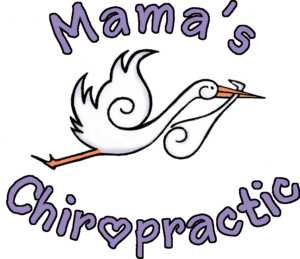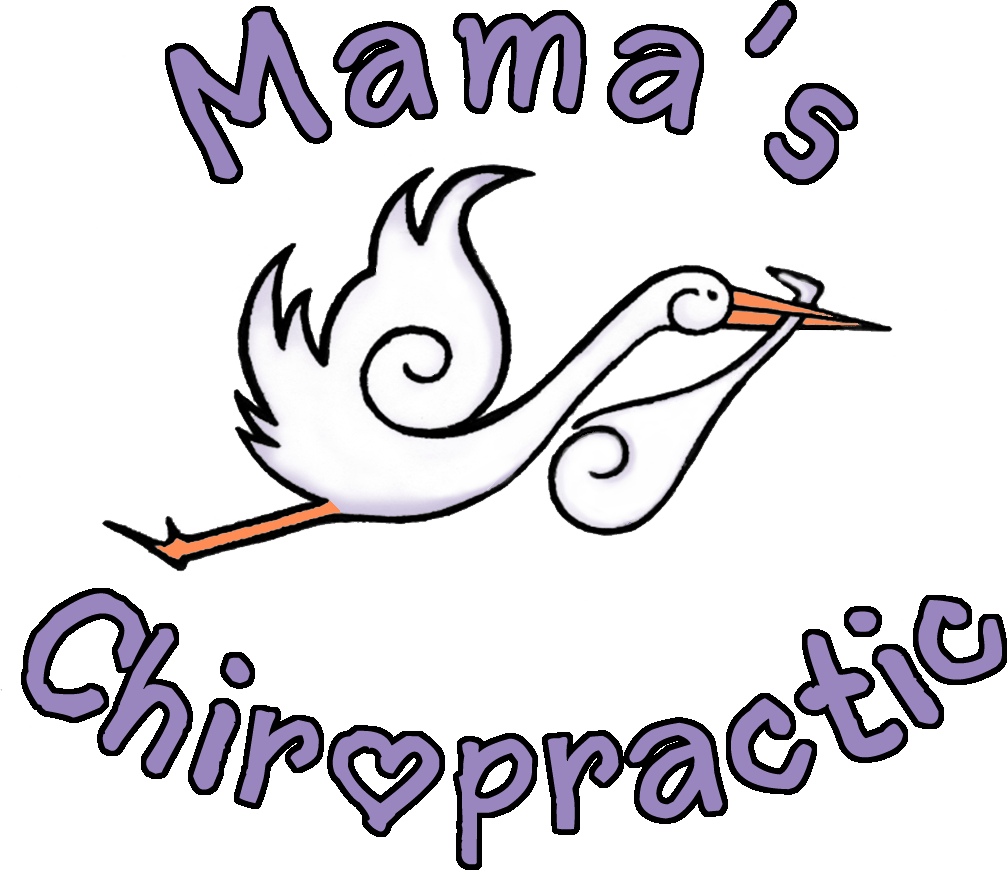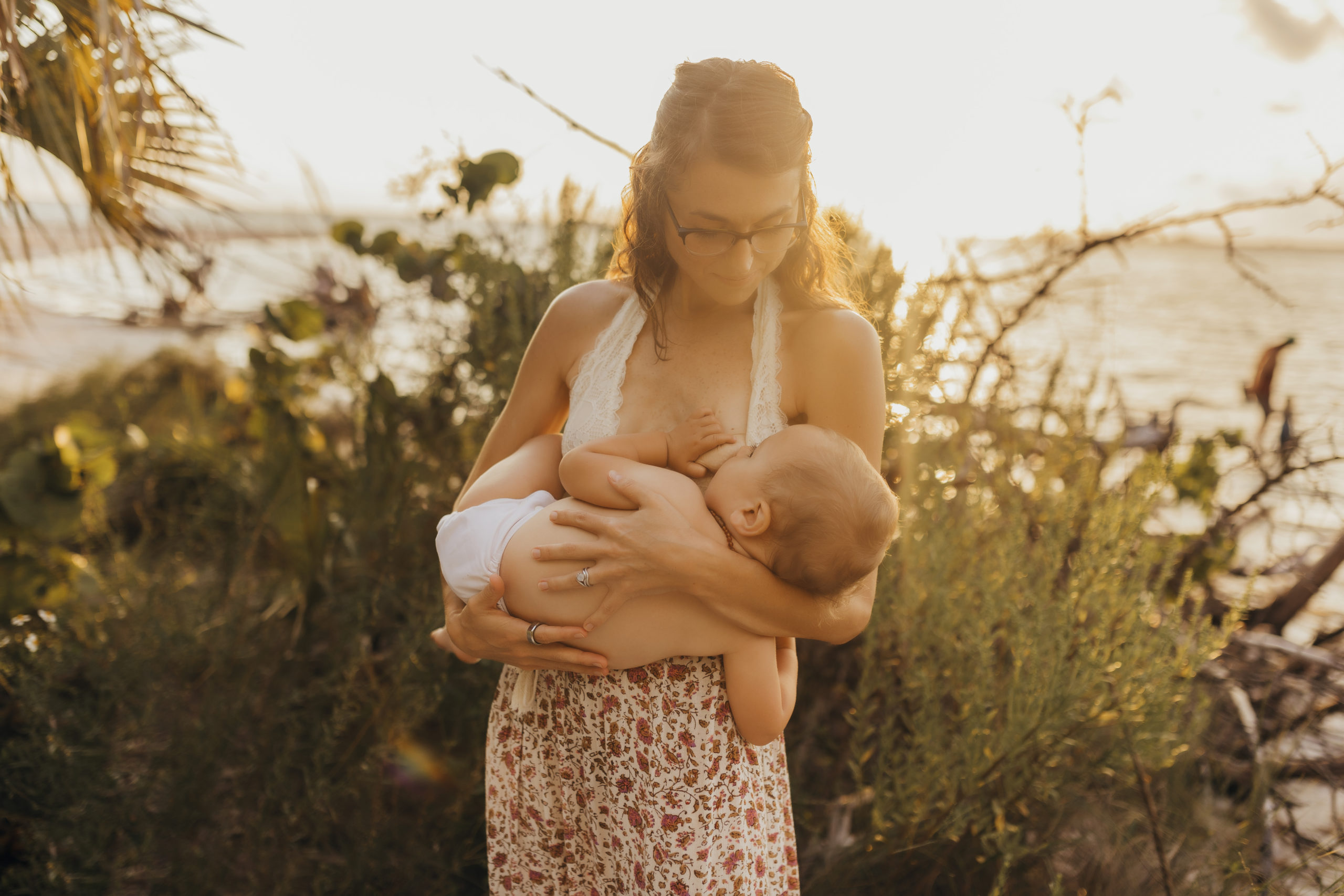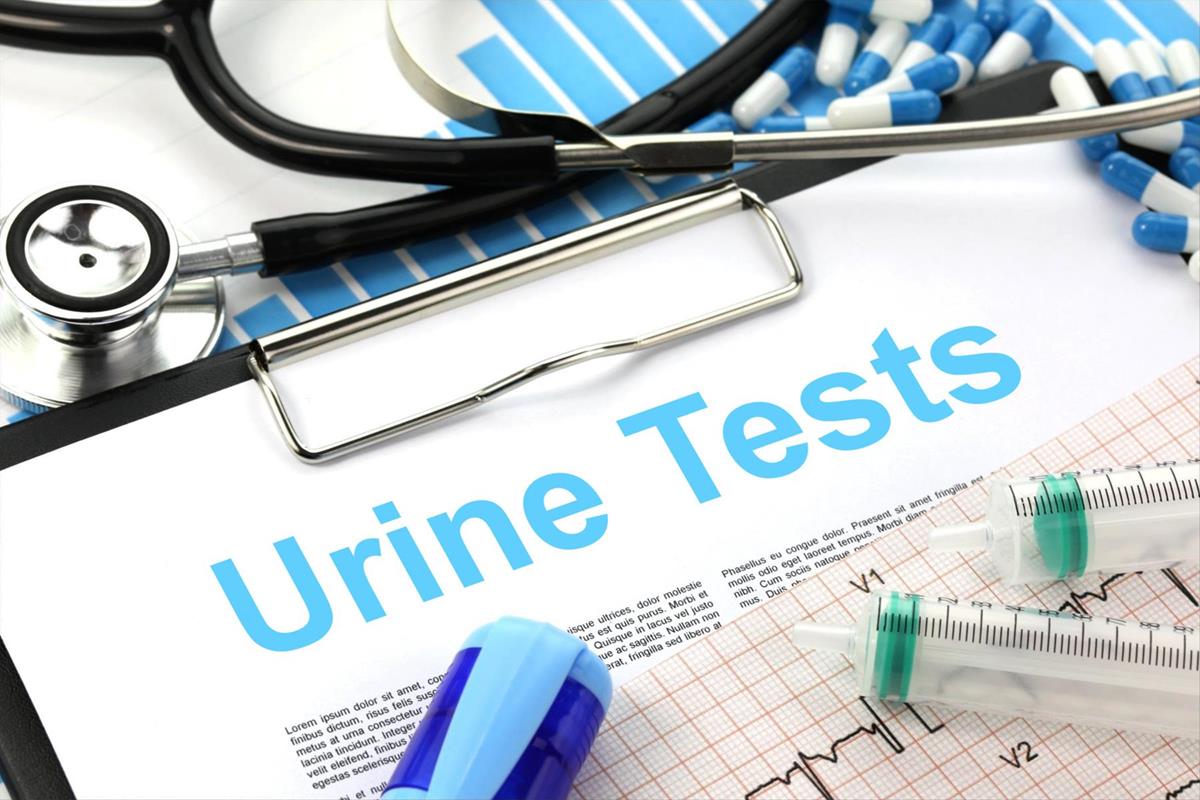So, you’ve already decided that vaccines aren’t for you. You’ve opted for the proactive route and you’re boosting your child’s immune system with chiropractic care, supplements and probiotics. You avoid medicine and you try to be as holistic as possible. That means cooking even when it’s not convenient. Keeping your family safe and healthy is your number one goal – and it’s not that anyone has to agree with you, but you’re happy to be surrounded by a community of like-minded parents.
You may or may not have seen that a Southwest Florida mom’s children have chicken pox. She has been offering playdates and to be honest, you’re not really sure what to do. The idea of getting your child sick intentionally seems counterintuitive, so you have a few questions. What are the benefits? What are the risks? How long will he or she be contagious for? Here are a few answers to your questions about chicken pox parties and what you should explore in order to determine if exposing your child is the right decision for your family.
What’s the timeline of this illness?
Varicella (Chicken Pox) has a timeline of approximately 21 days. There is a 14-16 day incubation period, under which children are not contagious to other children. Between the 15th and 18th days, the rash begins to spread, which is the point at which the illness becomes contagious. There’s a general feeling of malaise (aka the “I don’t feel goods”) and a mid-grade fever with a headache and sore throat. That lasts between 3 and 6 days. On the 21st day, once the vesicular rash crusts over, the child is no longer contagious and the illness has run its natural course.
What are the risks associated with this illness?
Let’s get to the meat of it – what are the risks associated with Chicken Pox? Yes, we all got it when we were little (well, most of us), but what are the extreme risks? Because you’re intentionally exposing your child to this illness, you should know exactly what the risks are:
- In the pre-chicken pox vaccine era, a child’s chance of dying from the illness during their first 5 years of life was 1 in 218,000.
- Since 1995, the chance of dying from the illness is 1 in 1,931,000
To put these statistics from Smartvax in perspective, in a low vaccination population like most of us grew up in, the risk of a child dying from chicken pox in the first 5 years of their life was lower than dying from falling down the stairs. The death risk now (much, much lower than when we were all going through the illness) is mainly from complications of not taking care of the symptoms (fever, congestion, and hygiene). Still, a child is 5 times as likely to die from riding a bicycle than from the chicken pox.
- Complications include: dehydration, pneumonia, bleeding problems, infection, inflammation of the brain (encephalitis, cerebellar ataxia), bacterial infections of the skin and soft tissue in children, including Group A streptococcal infections (sepsis) in less than 1% of children, toxic shock syndrome bone and joint infections.
It’s worthwhile to note that the most common causes of death were not from the illness itself, but complications that resulted from failure to care for the rash.
What are the true benefits of exposing my child to the chicken pox now?
For many, the reasoning behind exposing their child to the illness at a young age might be to “get it out of the way” or to avoid the severity of the illness that comes from adult exposure. But the reality is that an adult that has the chicken pox for the first time and is proactive about their health likely would not experience symptoms any worse than a child unless they’re carrying significant inflammation in their bodies. Yes, I’m putting that out there- adults have more inflammation, more scar and fibrotic tissue that’s resistant to dissipating heat, and generally live in a more fight/flight neurological state than toddlers do. I’m suggesting that this is a key factor in why adults take childhood diseases “harder” than young children do.
One of the most important considerations about whether or not to “party” is how much you value creating a level of resilience in your children’s immune system. As a result of the un-natural response elicited by vaccines, we now have limited access to the normal immune pathway our bodies are supposed to take when confronted with disease. Our children are missing an important part of the development that has evolved to keep humans alive and in harmony with their environment for millennia. If your child has a healthy immune system and recovers well from illness, well-managed natural infectious diseases are beneficial for their immune system. In case you haven’t noticed, the rate of shingles in the US has taken off since the introduction of the varicella vaccine. We’ve essentially swapped one form of the disease for another, without considering the costs or risks associated with kicking the burden down the line. It’s not only chicken pox; the research is there for other infectious diseases:
- Having measles results in life-long specific immunity to measles, bone diseases, sebaceous skin diseases, immunoreactive diseases and certain tumors. (Ronne 1985)
- Babies born to mothers who have had the natural form of measles have four times the immune protection against it (both in number of cells and how long they last) as mothers who were vaccinated against the disease (Leuridan et al 2010).
- Haemophilus influenzae and Streptococcus pneumoniae, both on the childhood vaccination schedule as Hib and PCV-13, naturally compete with each other. Where Hib prevalence has decreased due to vaccination coverage, pneumococcal species have replaced it as the most common bacteria found in bacterial pneumonia, blood infections and otitis media (Lysenko et al 2005, referenced in Smartvax).
- Having mumps protects against ovarian cancer (West 1969)
- Read more interesting facts about measles benefits.
Simply put, like you shouldn’t rely on Social Security to be a replacement for your retirement plan, vaccination can’t be a perfect replacement for your entire immune system. Vaccinations do provide a level of protective effect, but there seems to be a clear immunological benefit to natural exposure beyond preventing a single disease.
There’s also the matter of how much control you have now as a parent over things like your child’s diet. Rather than eradicating or fearing infectious disease, we need to remember that exposing our young children while we can control their environment may represent the best chance they have to fight it off. If you consider how you ate in high school and college, it was far less healthy than when you were younger and your parents could dictate what you ate.
What other factors should I consider before making my decision?
- Your career and job availability are something you may want to consider. To be safe, you may want to offer a few days on either side of the illness to avoid exposure to third parties. Not every child’s parents have the resources to be proactive about health and disease, so accidentally infecting an entire day care or school worth of children is not a way to responsibly manage your child’s chickenpox, regardless of your viewpoints on natural immunity. You want to be sure that you have the ability to care for your child while they are ill or have some sort of childcare alternative.
- Your child’s health.
You should never knowingly introduce a child with a compromised immune system to an infectious disease. Make sure that your child isn’t sick and doesn’t have an immune deficiency prior to exposure. - Your own health.
If you contracted chicken pox when you were young, it’s important that you continue to boost your immunity through occasional exposure. The lack of natural boosters for adults is part of the reason that the shingles virus sometimes reactivates in adults. If you haven’t yet contracted chicken pox, you’ll obviously want to take that into consideration. Be sure to detox to ensure that your body isn’t holding additional inflammation prior to exposure.
Decisions like this aren’t easy. It’s very important that you understand the timeline of the illness and how much time you’ll need to take away from work in order to focus on your child, treat them properly and keep your child from exposing others to the illness. Just as you did in your research in choosing not to vaccinate, you need to do all the research you can before exposing your child to illness and take care to make the decision that is best for your family.





